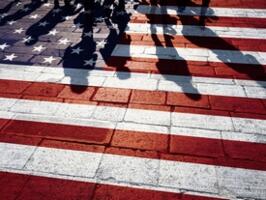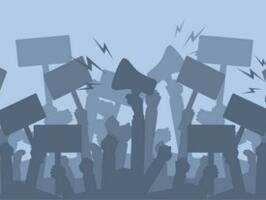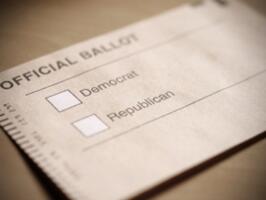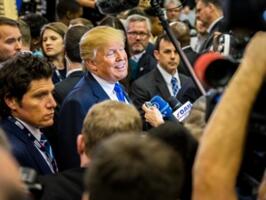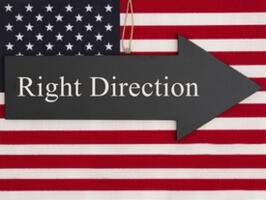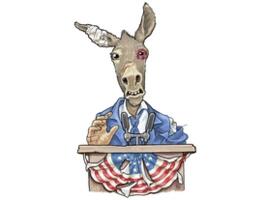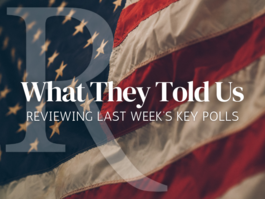June 28, 2018
An already turbulent national political environment was rocked by another major development Wednesday afternoon: Justice Anthony Kennedy, the closest thing there is to a swing vote on the Supreme Court, decided to retire. President Donald Trump, who already got to appoint conservative Neil Gorsuch to the court after Senate Republicans decided not to consider then-President Barack Obama’s replacement for the deceased Antonin Scalia in early 2016, is now poised to pick a second justice, and one who likely will push the court further to the right. This comes on the heels of several key, 5-4 decisions released at the end of this year’s Supreme Court term that broke against the court’s liberal bloc.
